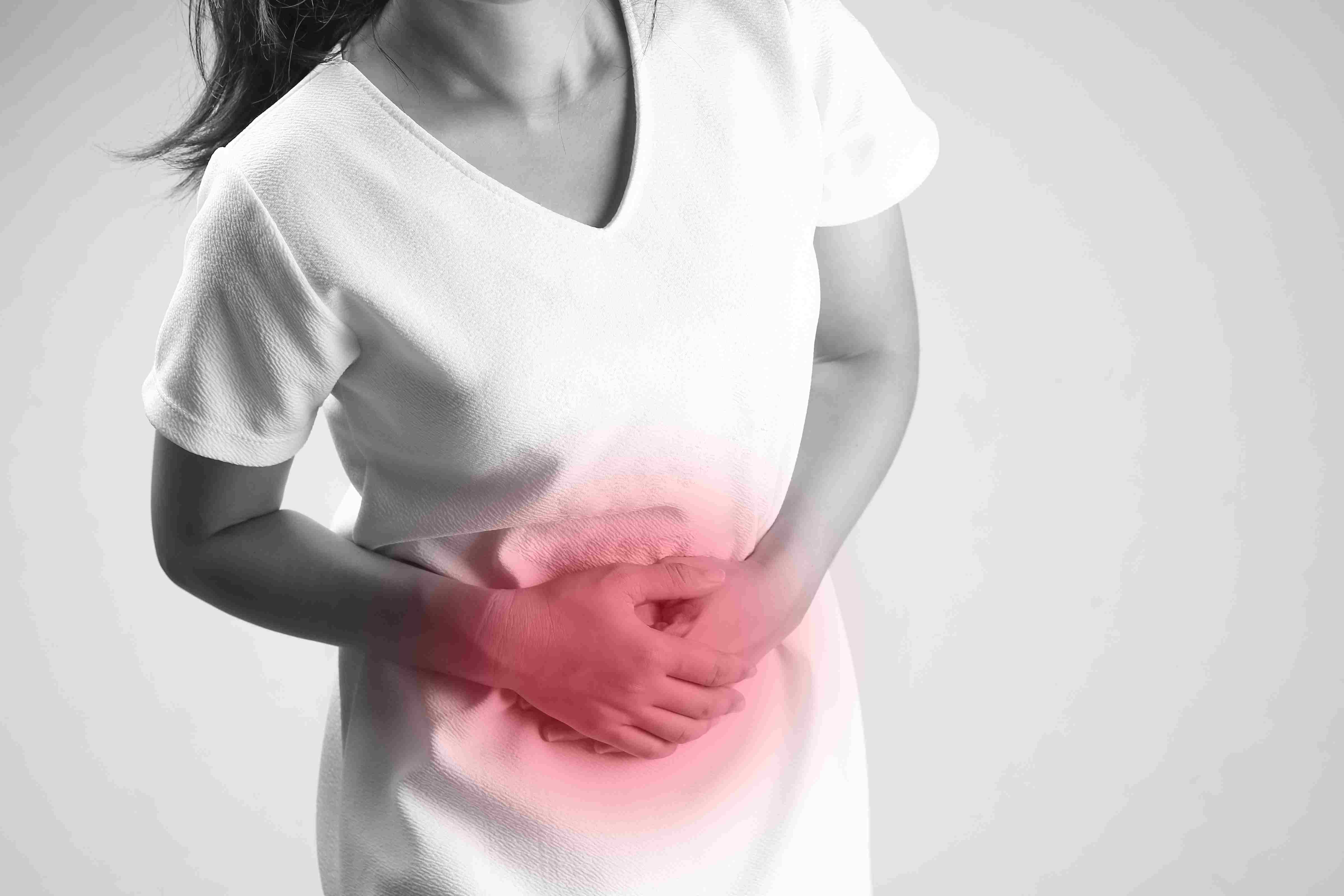During pregnancy, as the baby grows gradually, the abdominal wall is stretched as the uterus increases in size. Because of this, a streak in the layer below the surface of the skin is visible as a stretch mark. In this case, skin itching may also occur. Discoloration is sometimes seen in the scars caused by this. These scars are called Striae gravidarum in medicine and the following reasons have been identified as risk factors for their occurrence.
- Decreasing age of mother
- Obesity
- Excessive weight gain during pregnancy
- Twins or baby weight gain
- Increased amniotic fluid
Even without these reasons, any woman can develop stretch marks during pregnancy.
These scars on the skin fade slowly with time, but many women complain about this, so they ask doctors how to prevent them before they occur. Although there are still no drugs that have been confirmed by medical research to permanently prevent stretch marks, there are many types of ointments that can be used for this purpose. Bio oil creams and creams containing cocoa butter can be bought from drugstores of various brands. You can ask your doctor about a suitable ointment for you.
From about 20 weeks of pregnancy, this ointment can be applied daily on the abdomen and slowly massaged to change the nature of blood on the surface of the skin and tissues. Therefore, it is possible to prevent the formation of stretch marks to a large extent. These types of coatings can also be used to fade stretch marks after they are formed.
In addition, eating a balanced diet, exercising daily, and maintaining a healthy pre-pregnancy weight can help reduce the appearance of stretch marks.
READ MORE DOWN HERE
Understanding Abdominal Cramps During Pregnancy: Causes and
Concerns
Pregnancy is a beautiful journey filled with anticipation and
joy, but it also comes with its fair share of discomforts and concerns. Among
these discomforts, abdominal cramps can be a source of worry for many expectant
mothers. While some cramping is entirely normal and harmless, it's essential to
understand the various causes and know when to seek medical attention.
Understanding Abdominal Cramps:
During pregnancy, the body undergoes significant changes to
accommodate the growing fetus. These changes can sometimes lead to abdominal
cramps, which may range from mild twinges to sharp pains. It's crucial for
pregnant women to discern between normal discomfort and symptoms that may
indicate a more serious issue.
Common Causes of
Abdominal Cramps:
1. Implantation: In the early stages of pregnancy, around six
to twelve days after conception, the embryo implants itself into the uterine
lining. This process can cause mild cramping and light spotting, known as
implantation cramps. While this is a normal occurrence, it may cause concern
for women who are unaware of the phenomenon.
2. Round Ligament Pain: As the uterus expands to accommodate
the growing fetus, the ligaments supporting it stretch and thin. This
stretching can cause sharp or dull pains on one or both sides of the lower
abdomen, known as round ligament pain. It's a common occurrence, especially
during the second trimester, and is typically harmless.
3. Gas and Bloating: Hormonal changes during pregnancy can
slow down digestion, leading to gas and bloating. This buildup of gas can cause
abdominal discomfort and cramping. Eating smaller, more frequent meals and
avoiding gas-producing foods may help alleviate these symptoms.
4. Constipation: Constipation is a common complaint during
pregnancy, primarily due to hormonal changes and the pressure of the growing
uterus on the intestines. Straining during bowel movements can cause abdominal
cramps. Increasing fiber intake, staying hydrated, and engaging in regular
physical activity can help prevent and alleviate constipation.
5. Braxton Hicks Contractions: Often referred to as
"practice contractions," Braxton Hicks contractions are sporadic,
irregular tightening of the uterus that can occur throughout pregnancy. While
they may cause discomfort, they are typically mild and not considered harmful.
However, if they become frequent or are accompanied by other symptoms, it's
essential to consult a healthcare provider.
6. Urinary Tract Infections (UTIs): Infections of the urinary
tract, such as cystitis, can cause abdominal discomfort or cramping during
pregnancy. Other symptoms of UTIs may include a burning sensation during
urination, frequent urination, and cloudy or strong-smelling urine. Prompt treatment
of UTIs is crucial to prevent complications for both the mother and baby.
When to Seek Medical
Attention:
While many causes of abdominal cramps during pregnancy are
benign, some may indicate a more serious issue. Pregnant women should seek
medical attention if they experience any of the following:
§ Severe or persistent abdominal pain
§ Vaginal bleeding or spotting
§ Fever and chills
§ Dizziness or fainting
§ Difficulty breathing
§ Reduced fetal movement
These symptoms could be signs of complications such as
ectopic pregnancy, miscarriage, preterm labor, or other pregnancy-related
conditions that require immediate medical evaluation and treatment.
Conclusion:
Abdominal cramps during pregnancy are a common occurrence,
often caused by the body's natural processes of pregnancy. While most cramps
are harmless and resolve on their own, it's essential for pregnant women to be
aware of the potential causes and know when to seek medical attention. By
staying informed and communicating with their healthcare providers, expectant
mothers can navigate the journey of pregnancy with confidence and peace of
mind.





